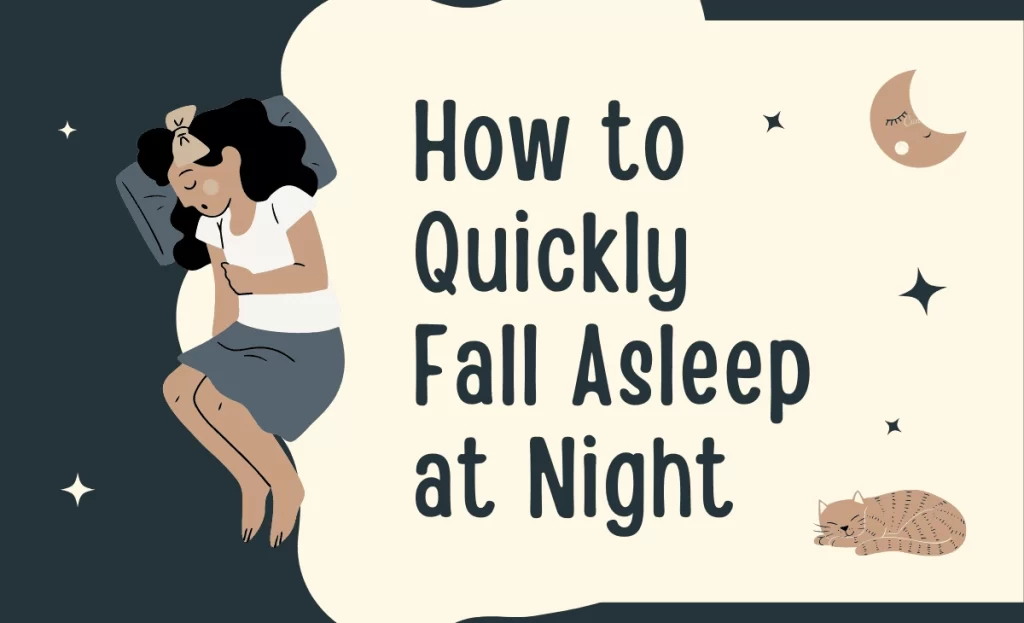I. Introduction
In our fast-paced and often stressful lives, getting a good night’s sleep can sometimes feel like an impossible feat. The constant barrage of thoughts and worries can leave us tossing and turning, longing for a peaceful and restorative slumber. However, there is a powerful tool that can help us achieve that elusive state of tranquillity: sleep meditation. By incorporating this practice into our bedtime routine, we can create an environment conducive to deep relaxation and rejuvenation. In this blog, we will explore the benefits of sleep meditation and how it can be the key to unlocking a peaceful and restorative slumber. So, get ready to embark on a journey of relaxation and discover the profound impact sleep meditation can have on your overall well-being.
II. Understanding Sleep Meditation
What is Sleep Meditation?
It is a practice that involves specific mindfulness techniques to help individuals relax and achieve a peaceful state before sleep.
How it Works:
Sleep meditation focuses on guiding your thoughts away from stressors and distractions, allowing you to enter a state of deep relaxation conducive to sleep.
Sleep meditation is a practice that involves calming the mind and body before bed to promote relaxation and prepare yourself for restful sleep. By incorporating meditation into your bedtime routine, you can create a tranquil environment that encourages deep sleep and allows you to wake up feeling refreshed and energized.
III. Benefits of Sleep Meditation

One of the primary reasons sleep meditation is so effective is its ability to quiet the mind and release the day’s stress and worries. When we lay down to sleep, our minds often continue to race, replaying past events or worrying about the future. This mental chatter can significantly impact the quality of our sleep. It helps break this cycle by focusing the mind on the present moment, allowing thoughts to come and go without judgment or attachment.
1. Reducing Stress and Anxiety One of the primary benefits of sleep meditation is its ability to reduce stress and anxiety, which are common culprits of sleep disturbances.
2. Enhancing Sleep Quality By practising this regularly, you can improve the overall quality of your sleep, leading to more profound rest and better energy levels during the day.
3. Restoring the Body and Mind it helps in rejuvenating both the body and mind, leading to increased clarity, focus, and emotional stability.
IV. How to Incorporate Sleep Meditation into Your Routine
To begin your sleep meditation practice, find a comfortable position in your bed. Close your eyes and take a few deep breaths, allowing your body to relax and release any tension. Start by bringing your attention to your breath, feeling the sensation of the air entering and leaving your body. As thoughts arise, acknowledge them without judgment and gently bring your focus back to your breath.
Another helpful technique for sleep meditation is progressive muscle relaxation. This involves systematically tensing and releasing each muscle group in your body, starting from your toes and working your way up to your head. By consciously relaxing your muscles, you send signals to your brain that it’s time to unwind and prepare for sleep.
V. Additional Tips for a Restful Sleep
Guided sleep meditation can be particularly beneficial, especially for beginners or those who struggle with a restless mind. Additionally, there are numerous apps, podcasts, and online resources that offer guided sleep meditations specifically designed to induce deep relaxation and promote a peaceful slumber. Moreover, these guided meditations often incorporate soothing music, calming visualizations, and gentle prompts to help you let go of tension and worries.
In addition to its immediate benefits, guided sleep meditation can also have long-term positive effects on your overall sleep patterns and mental well-being. Furthermore, regular practice can train your mind to enter a relaxed state more easily, making it easier to fall asleep and stay asleep throughout the night. Furthermore, it can also help reduce symptoms of insomnia, anxiety, and depression, allowing you to wake up feeling more refreshed and ready to tackle the day.
VI. Conclusion
So, if you find yourself tossing and turning at night or struggling to quiet your mind before bed, consider incorporating sleep meditation into your nightly routine. By dedicating a few minutes to this practice, you can unlock the key to a peaceful and restorative slumber, allowing you to wake up each morning feeling rejuvenated and ready to embrace the day ahead. Sweet dreams!
Follow us on Facebook







